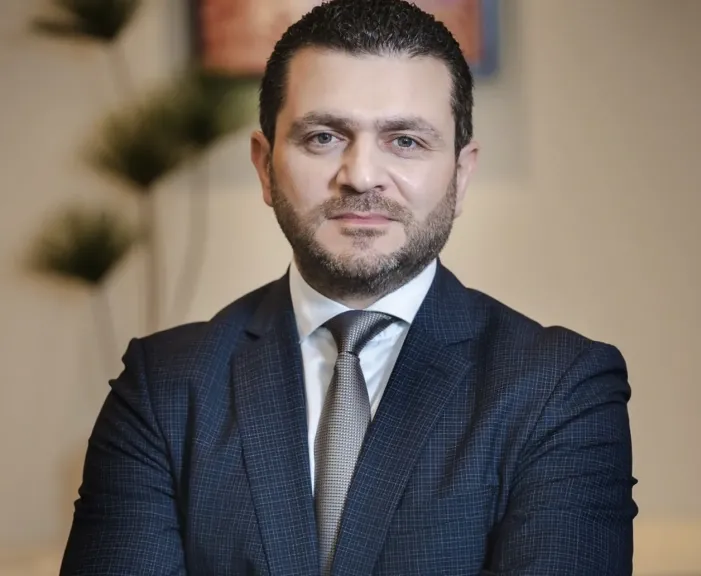Kaspersky Detects 467,000 New Malicious Files Daily as AI Makes Cyberattacks More Complex Emad Haffar: Technology Alone Can’t Defend Against Evolving Cyber Threats

Artificial intelligence is transforming the cybersecurity landscape — not only for defenders but for attackers as well. According to Emad Haffar, Head of Security Experts at Kaspersky, the company now detects 467,000 new malicious files every day, underscoring the escalating sophistication of global cyberattacks.
“Attackers are now as advanced as defenders — and in some cases, even a step ahead,” said Haffar during GITEX Global 2025 in Dubai. “We use AI, behavioral analysis, and threat intelligence to proactively detect and predict attacks, rather than merely reacting to them.”
Haffar emphasized that technology alone cannot guarantee protection against modern threats. He called for greater investment in awareness, education, and human capability building, highlighting the need for a holistic approach to cyber resilience.
At GITEX, Kaspersky showcased a number of key innovations, including its Secure Thin Client, a next-generation solution that allows employees to securely access enterprise systems from anywhere without relying on traditional VPN-based infrastructure.
“The Secure Thin Client is built on KasperskyOS and designed with Cyber Immunity at its core — where security is embedded into the architecture itself, not added as an afterthought,” Haffar explained.
Kaspersky also unveiled new offerings under its Kaspersky Next portfolio, featuring Next XDR Optimum, which provides automated, extended detection and response across networks and clouds, and Next MXDR, a fully managed cybersecurity service powered by Kaspersky’s global Security Operations Center (SOC).
Discussing the growing threat of Zero-Day vulnerabilities, Haffar noted that Kaspersky leverages AI-driven threat intelligence to detect previously unknown exploits and prevent “vulnerability recycling” — where old flaws are reused in new attacks.
“Even as AI empowers defenders, it also equips cybercriminals with new tools,” he said. “That’s why building human awareness and expertise remains essential to creating sustainable cybersecurity.”
Beyond technology, Haffar reiterated Kaspersky’s commitment to digital responsibility, including global initiatives to raise awareness about spyware and surveillance apps, and educational programs promoting safe digital behavior in schools and communities.
“Cybersecurity is not just a technical mission — it’s a shared social responsibility,” he concluded.


